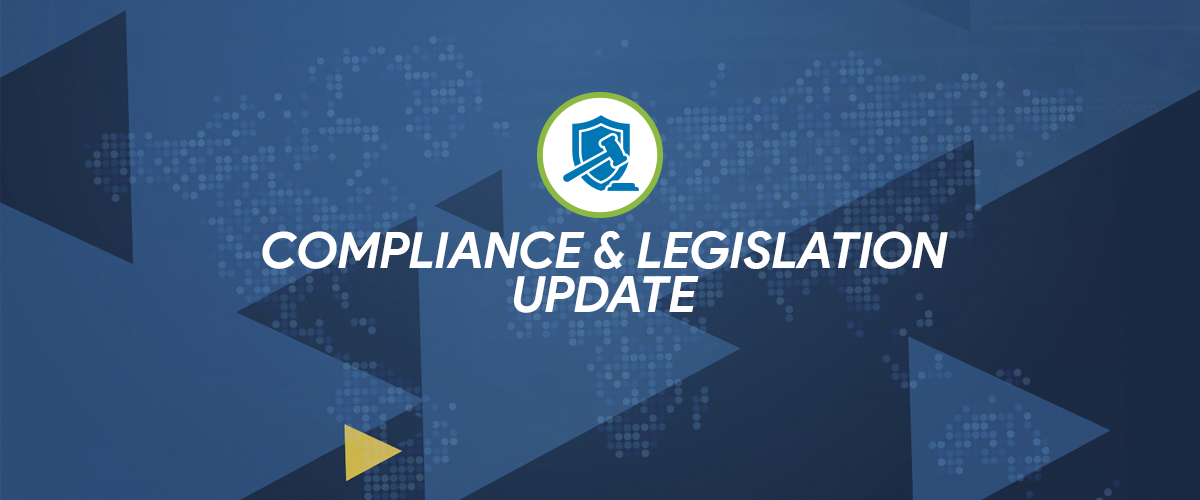New York Governor Kathy Hochul signed the Consumer Credit Fairness Act (the Act) into law. The Act will likely have substantial impact on debt collection lawsuits filed by creditors or debt collectors in New York. The Act not only reduces the statute of limitations for filing a debt collection action, but imposes new filing and notice requirements upon parties filing a debt collection action.
First, the Act significantly shrinks the statute of limitations for most debt collection law suits arising out of consumer credit transactions, from six years to three years. Further, consumer payments towards the debt, or a consumers written or oral affirmation of ownership of the debt will no longer reinstate or extend the limitations period. Previously, a consumer’s affirmation of a debt or payments toward the debt could reinstate or extend the six-year limitations period. The new, three-year statute of limitations will go into effect on April 6, 2022.
Second, the Act incorporates several new requirements regarding the filing and prosecution of a debt collection action. Creditors or debt collectors filing a debt collection action must include the contract or written instrument the action is based upon, or, for a revolving credit account, the charge-off statement. Complaints filed will be required to include additional information about the debt. For certain types of debts, additional information like collection costs and fees imposed by the original creditor must also be included with the complaint.
Third, the Act imposes new notice requirements on creditors or debt collectors filing an action to pursue to the collection of a consumer debt. The additional notice must include the names of the creditor or debt collector, the consumer, the original creditor, the case index number, and the consumer’s rights and responsibilities regarding the judgment, among other requirements.
Finally, the Act also enacts additional affidavit requirements when a third-party debt collector seeks a default judgment collecting upon a consumer debt. The Act requires the application for default judgment to attach an affidavit from the original creditor. Any subsequent assignors or sellers of the debt must also file an affidavit of sale. In addition, the plaintiff creditor must include an affidavit of a witness who can verify the chain of title of the debt. All parties requesting the default judgment must also attach an affidavit stating the statute of limitations on collecting the debt has not expired. The new filing requirements are effective May 6, 2022. To view source, click here.


